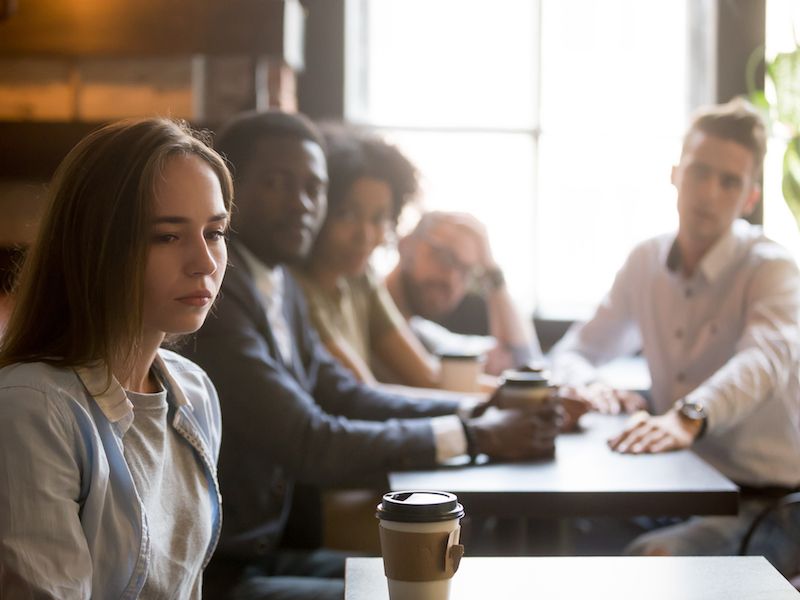Loss of hearing isn’t only a problem for older people, despite the common belief. Overall hearing loss is on the rise despite the fact that how old you are is still a strong factor. Hearing loss stays at around 14-16% amongst adults 20 to 69 years of age. Globally, more than 1 billion people between the ages of 12-35 are in danger of getting hearing loss, according to the united nations and The World Health Organization. The CDC states that nearly 15% of children between 6 and 19 currently have loss of hearing and more recent research puts that number closer to 17%. Other reports state that hearing loss is up 30% in teenagers over only 10 years ago. What’s more, a study from Johns Hopkins projects these trends out into the future and estimates that by 2060 approximately 73 million people over the age of 65 will have hearing loss. Over current numbers, that’s a staggering number.
We Are Developing Hearing Loss at a Younger Age, Why?
We usually consider hearing loss as a side effect of aging because it would develop slowly over years unless you spent extended time periods in a noisy setting. This is why when you’re grandfather wears a hearing aid, you’re not surprised. But at a younger and younger age, our hearing is being effected by changes of lifestyle.
Technology, and smartphones, in particular, can have a significant impact on our hearing. We are doing what we love to do: watching movies, listening to music, chatting with friends and using earbuds or headphones to do it all. Most people have no clue what is a damaging volume or how long it takes to do damage and that’s an issue. Occasionally we even use earbuds to drown out loud noises, meaning we’re voluntarily exposing our ears to harmful levels of sound instead of safeguarding them.
There’s an entire generation of young people everywhere who are gradually injuring their hearing. In terms of loss of productivity, that’s a huge problem and one that will cost billions of dollars in treatment.
Hearing Loss is Not Well Understood
Keeping away from extremely loud sounds is something that even young children are usually wise enough to do. But it isn’t generally understood what hearing loss is about. It’s not usually known that over longer time periods, even moderate sound levels can harm hearing.
But hearing loss is normally associated with aging so most people, specifically young people, don’t even think about it.
According to the WHO, those in this 12-35-year-old age group may be exposing their ears to irreversible damage.
Options And Recommendations
The issue is particularly widespread because so many of us are using smart devices regularly. That’s why providing additional information to mobile device users has been a recommended solution by some hearing experts:
- Built-in parental controls which allow parents to more closely supervise volume and adjust for hearing health.
- It’s how long a sound persists, not only how loud it is (warnings when you listen at a specific decibel for too long).
- Extreme-volume warnings.
And that’s only the beginning. Paying more attention to the health of our hearing, plenty of technological possibilities exist.
Reduce The Volume
The most significant way to minimize injury to your hearing is to reduce the volume of your mobile device. Whether your 15, 35, or 70, that holds true.
And there is no arguing the fact that smartphones are not going away. It’s not only kids that are attached to them, it’s everyone. So we have to come to terms with the fact that loss of hearing is no longer linked to aging, it’s associated with technology.
That means the way we prevent, treat, and talk about hearing loss has to change.
You should also try downloading an app that measures decibel levels in your environment. 2 steps to protect your hearing. Making certain not to attempt to drown out loud noises with even louder noises and of course using ear protection. For instance, if you drive with your windows down, don’t crank up the music to hear it better, the noise from the wind and traffic might already be at damaging levels. Make an appointment with a hearing care specialist if you have any questions.

